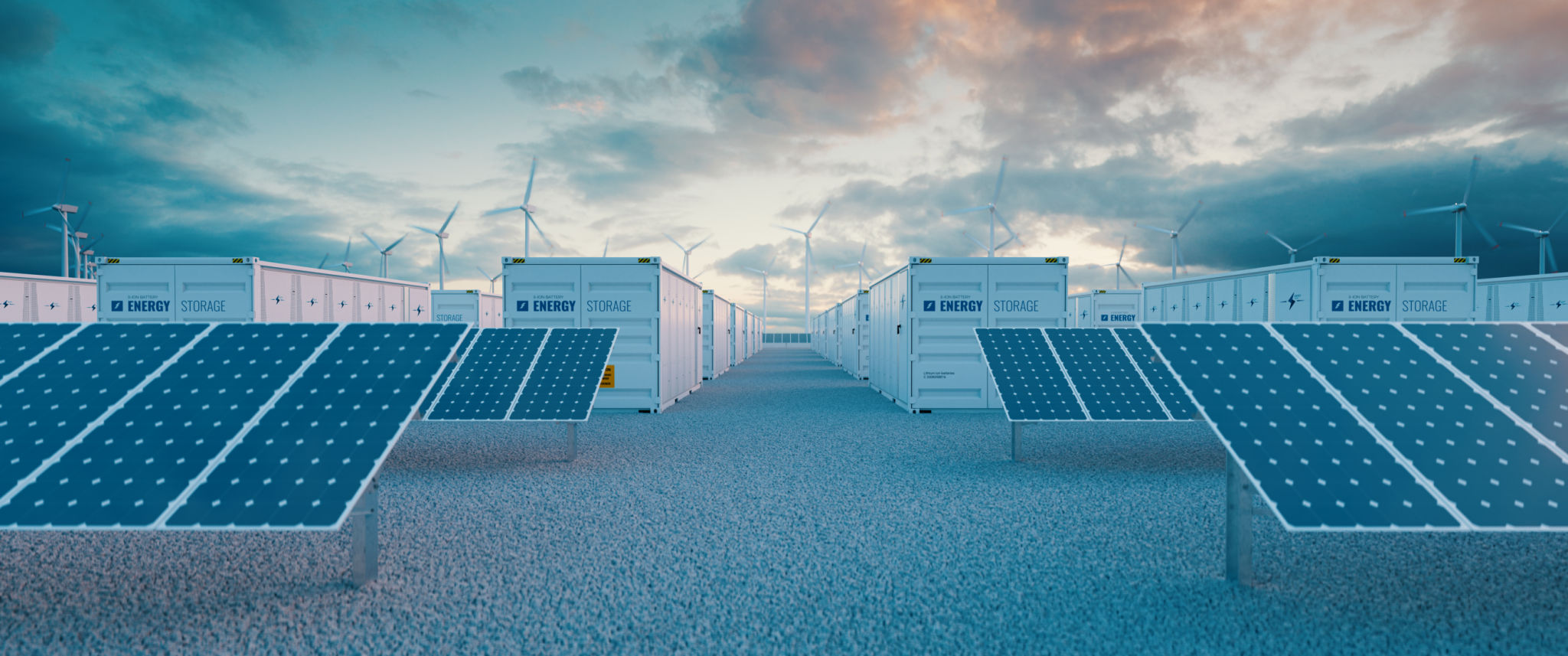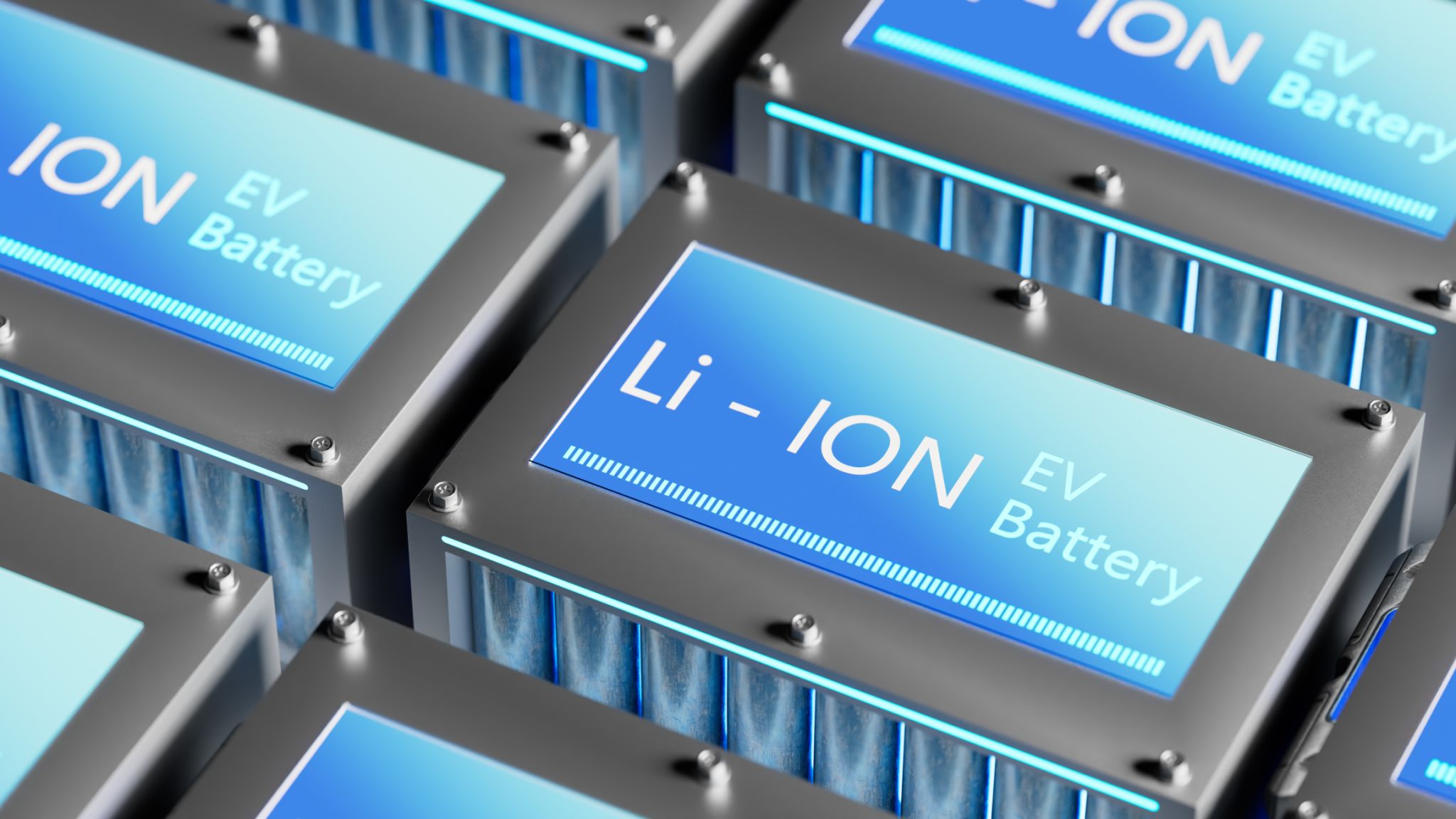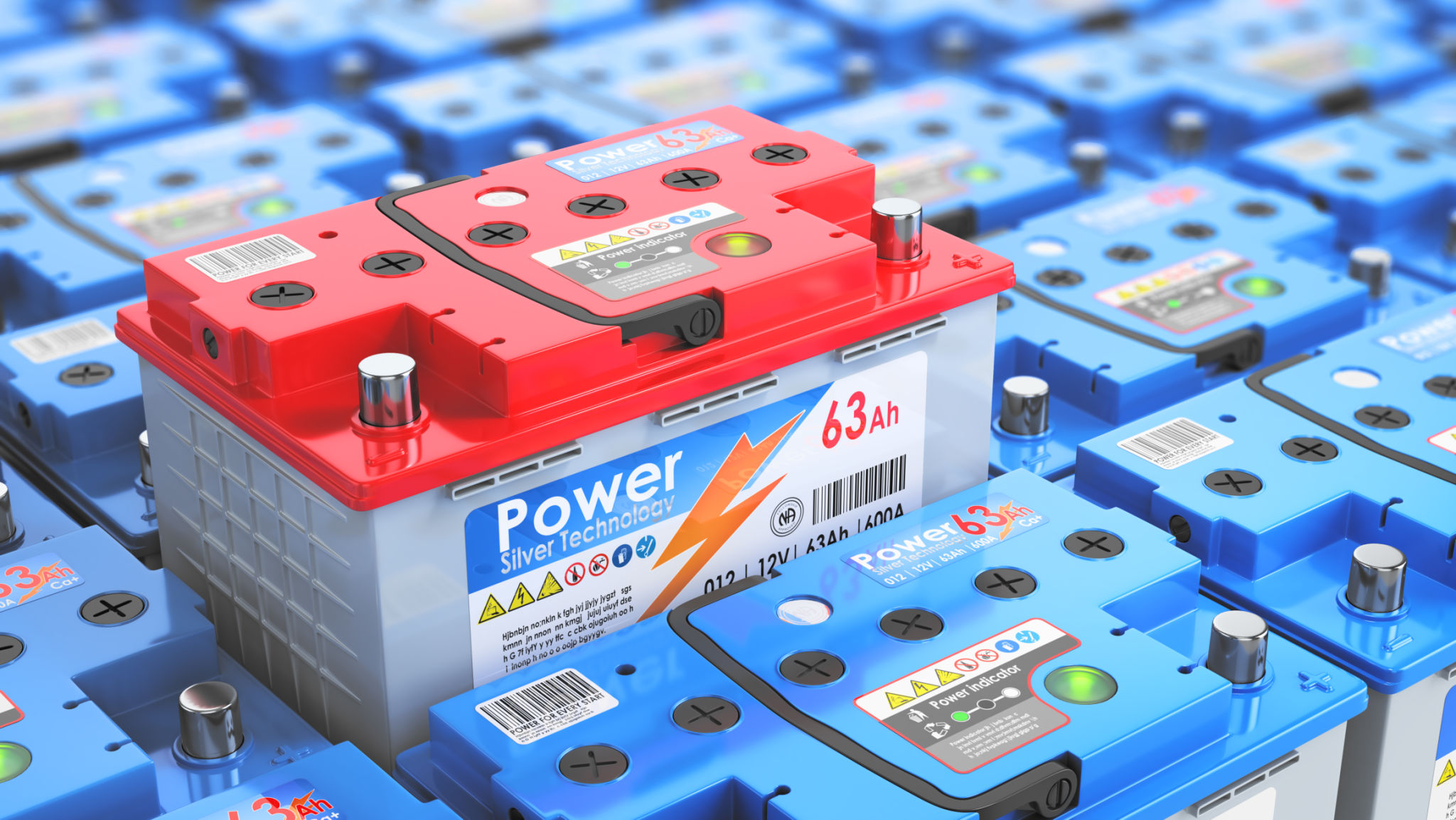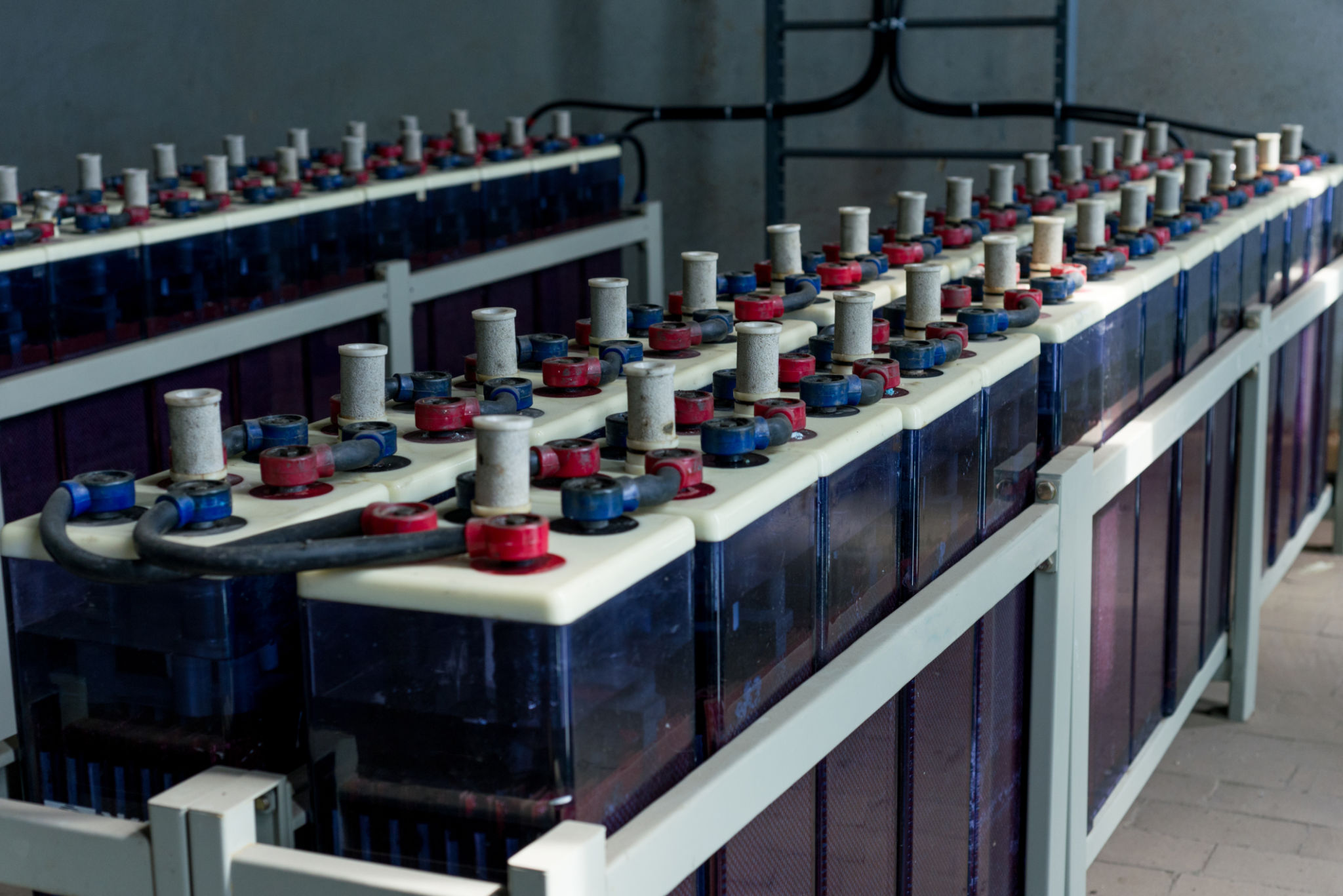Comparing Solar Battery Options: Which is Best for Your Home?
Understanding Solar Battery Options
As solar energy continues to gain popularity, more homeowners are considering the addition of solar batteries to their systems. These batteries allow for the storage of excess solar energy generated during the day, which can be used during the night or on cloudy days. But with so many options available, it can be challenging to determine which type of solar battery is best for your home.
When comparing solar batteries, it's crucial to consider factors like cost, lifespan, efficiency, and capacity. Understanding these key metrics will help you make an informed decision that aligns with your energy needs and budget.

Lithium-Ion Batteries
Lithium-ion batteries are among the most popular choices for residential solar systems. Known for their high energy density and efficiency, these batteries are lightweight and require minimal maintenance. They also have a relatively long lifespan, typically ranging from 10 to 15 years.
However, lithium-ion batteries can be more expensive upfront compared to other options. Despite the initial cost, their longer lifespan and higher efficiency often justify the investment for many homeowners.

Advantages
- High energy density
- Long lifespan
- Low maintenance
Lead-Acid Batteries
Lead-acid batteries are one of the oldest and most established types of solar batteries. They are typically less expensive than lithium-ion options, making them attractive for those on a tight budget. Despite their lower cost, lead-acid batteries have a shorter lifespan, generally lasting between 5 to 7 years.
These batteries require regular maintenance to ensure optimal performance. They are also heavier and bulkier, which might not be ideal for all installations.

Pros and Cons
- Affordable upfront cost
- Shorter lifespan compared to lithium-ion
- Requires regular maintenance
Flow Batteries
Flow batteries are a newer technology in the residential solar market. They offer the unique advantage of scalability, meaning their capacity can be increased by simply adding more electrolyte fluid. This makes them suitable for homeowners looking to expand their storage capacity in the future.
Flow batteries have a longer expected lifespan and are considered safer due to their non-flammable materials. However, they tend to be larger and more expensive than other types of batteries.

Key Benefits
- Scalability for future expansion
- Long lifespan
- Non-flammable materials enhance safety
Choosing the Right Battery for Your Home
Selecting the right solar battery involves assessing your specific energy needs, budget constraints, and available space. If you're looking for a long-lasting and efficient option and are willing to invest upfront, lithium-ion batteries may be the best choice. Conversely, lead-acid batteries could be suitable if you prefer a lower initial cost and don't mind regular maintenance.
For those interested in future-proofing their energy storage with scalability options, flow batteries present an exciting but pricier choice. Ultimately, the decision should balance both your current and future energy requirements.
By carefully evaluating these factors and understanding the differences between each type of battery, you can confidently choose the best solar battery option to enhance your home's energy independence.
